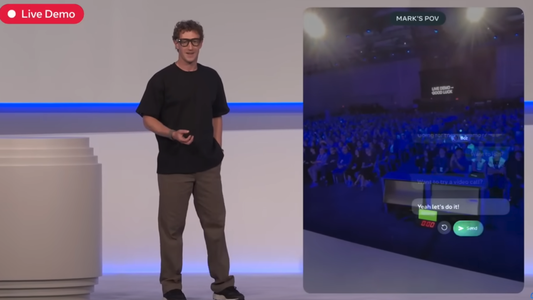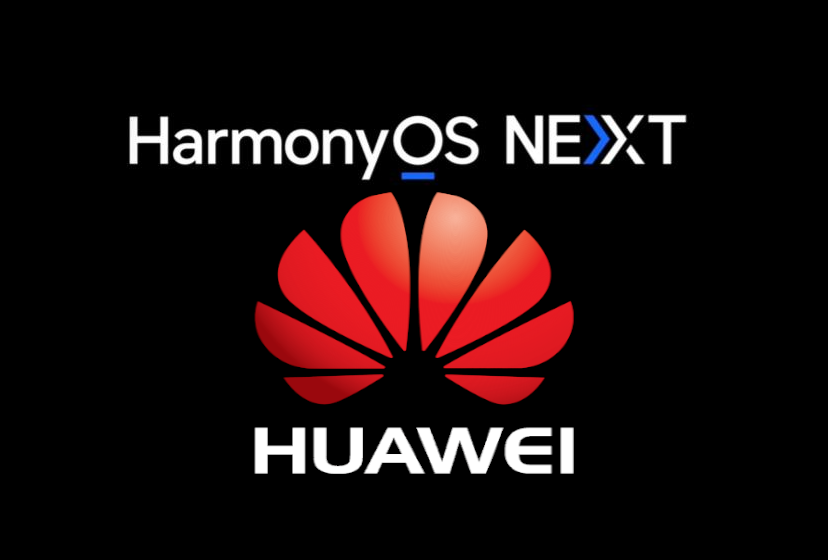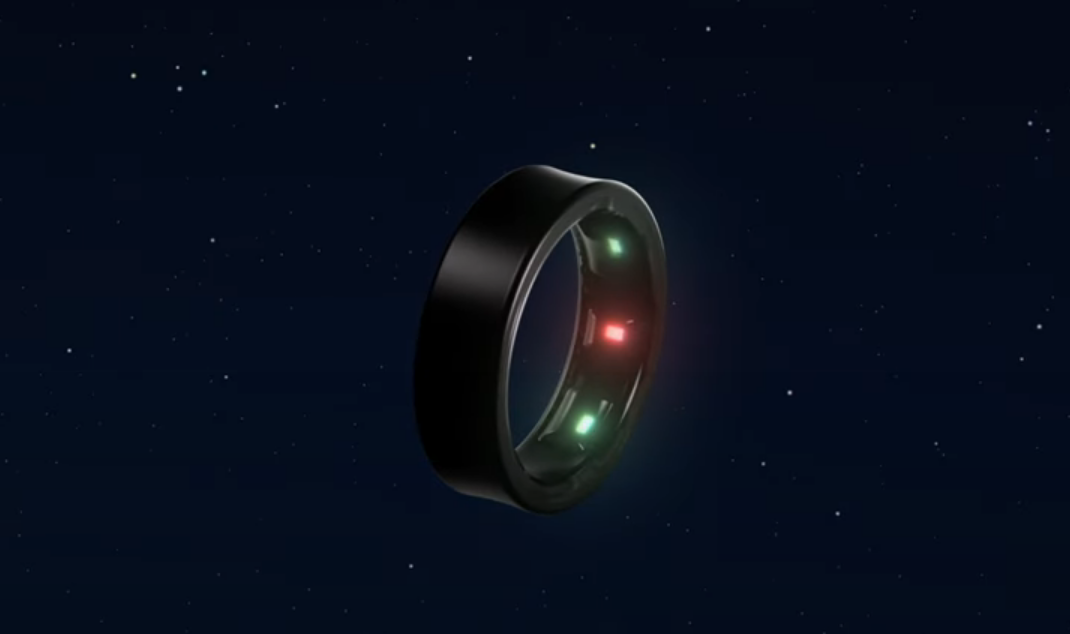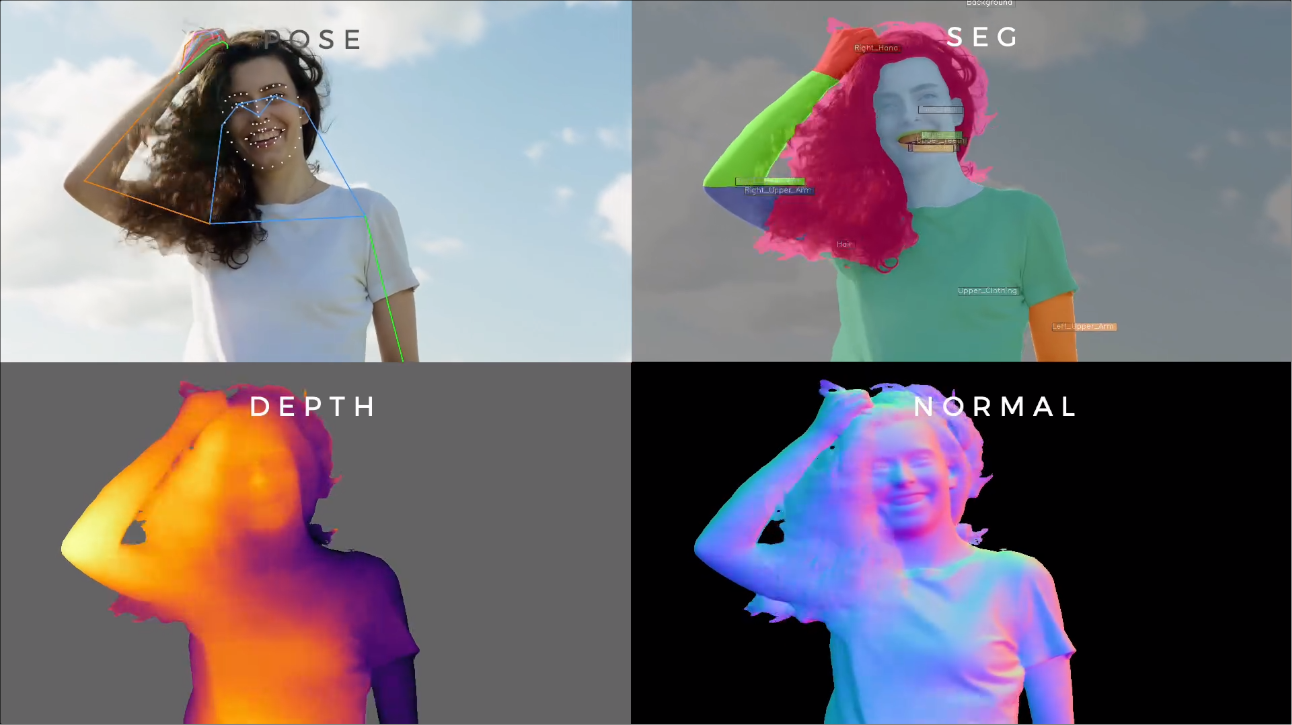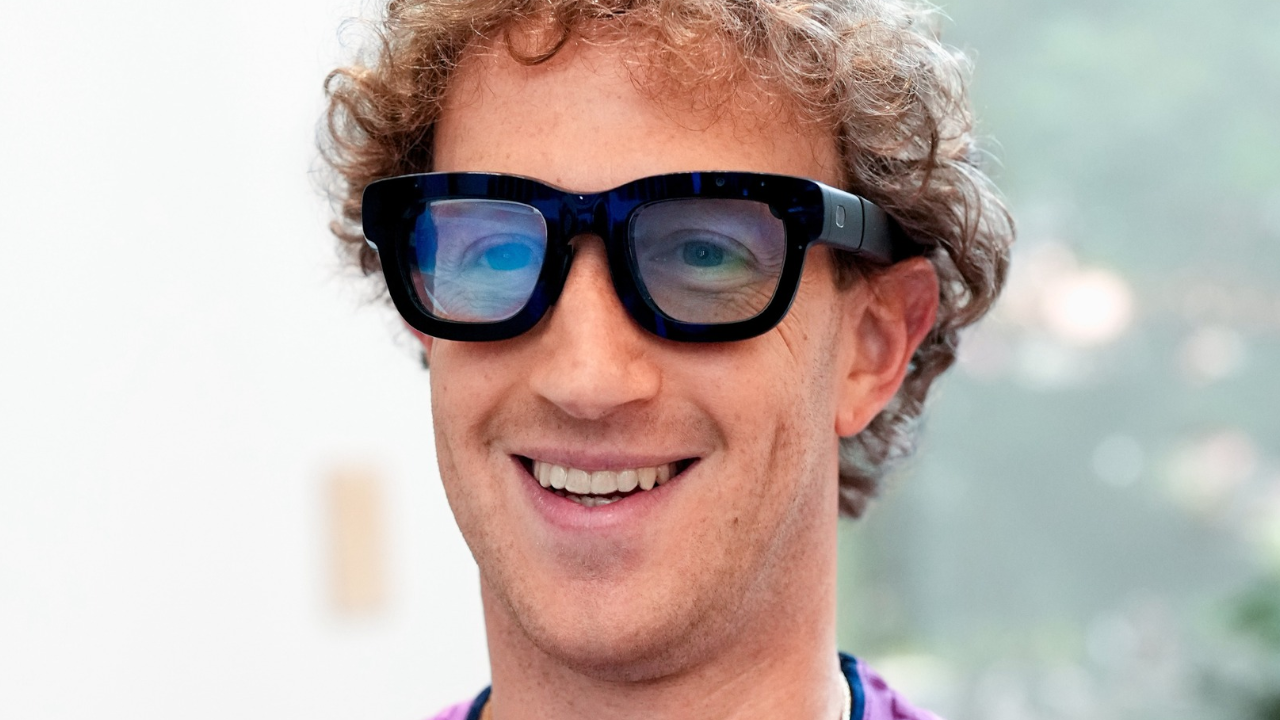On several occasions, Mark Zuckerberg has directly criticized Apple, arguing that the company hasn't introduced any true technological innovation since the era of Steve Jobs and the launch of the iPhone. These criticisms intensified after Apple unveiled its Vision Pro headset, a competitor to Meta Quest devices, perhaps implying that Apple's offering is merely an imitation rather than a truly innovative product, as some might perceive.
However, the irony is that Meta itself hasn't been known as a pioneer in original technological innovation. Most of its major achievements have come either through acquiring successful companies and platforms, such as Instagram and WhatsApp, or by cloning competitor features, as seen with "Stories," which it copied from Snapchat, or "Reels" videos, inspired by TikTok's success. Even its foray into virtual reality wasn't driven by internal development but by purchasing Oculus.
Undoubtedly, Zuckerberg has demonstrated significant managerial success. Yet, Meta's strength lies in being a brilliant manager of digital platforms rather than a technological innovator. It excels at operating and scaling social applications, generating massive advertising revenues, and building vast digital ecosystems. However, it hasn't been famed for introducing revolutionary devices or technologies that change the game, as Apple did with the iPhone and iPad.
Recently, it appears Meta has indeed begun to work on original technological innovations. While some of its projects remain ambitious and experimental, such as the Orion headset which utilizes innovative holographic technology, its new smart glasses, the "Meta Ray-Ban Display," can be considered the company's first genuine technological innovation. Unlike previous smart glasses that were limited to capturing photos or playing audio, this interactive version features an in-lens display for notifications, messages, and images. Users can interact with it via a smart voice assistant and control it through a wristband (Meta Neural Band) as a new input method. It also supports cloud connectivity and running apps like WhatsApp, Instagram, and Facebook directly from the glasses, offering a unique interactive experience that might one day rival the smartphone itself.
Thus, these new smart glasses could mark the beginning of a transformation for Meta: from a company specializing in managing digital platforms to one capable of delivering smart devices that make a tangible difference in users' lives, extending beyond just their communication methods across platforms.
